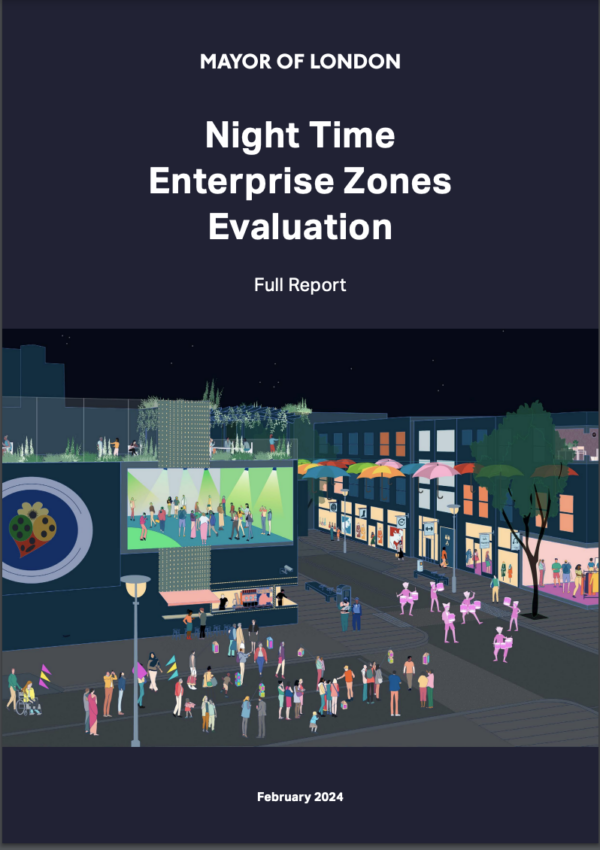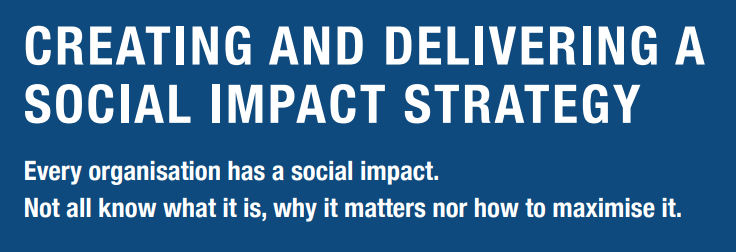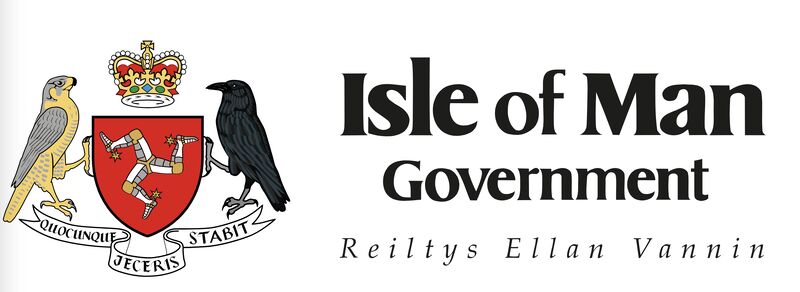
Investing in Towns – Applying current trends to future prospects
Covid19 has created many new opportunities for investment in our towns but the question for any investor is where, why and how can they realise their investment? In this blog Matthew Hopkinson, Mark Charlton and Chris Duley look at this this can be done.
Background
For over a decade now there have been significant changes in society impacting upon how, when and where we use towns. Towns were the traditional centres of commerce in Victorian times until the 1970’s when we saw the growth of out of town shopping centres, retail parks, business parks and housing along with increased car ownership moved many activities and people away from town centres. The changes impacting towns have accelerated as a result of technology (online retail), and as new working patterns and consumer behaviours further threaten the role and function of towns and town centres. These changes have become even more acute as a result of Covid19.

Property market performance, in part, related to the basic economics of supply and demand and the often cited measure of success in real estate has been “location, location, location”. By location one has to be clear that if you buy an office in Birmingham you are not buying into the Birmingham office market but an office in Birmingham – a specific building, in a specific location in the city and with specific financial attributes. Stock selection remains critical to long-term performance.
One of the legacies of COVID will be many more distressed town centres, many distressed properties and failing businesses. There is a real opportunity for investors to buy into real estate in towns now at heavily discounted levels and to then realise a strong return as towns repurpose themselves and adapt to the new normal. What is clear is that towns will always be relevant to human use.
Identifying the right towns, at the right time, and then focussing in on the right assets is critical to success when investing. Understanding the economic, social and environmental context of the town centre and its catchment area is key, as well as having a view of the future trajectory.

Proposition
Didobi has developed an evidence-led town and asset due diligence process to help investors analyse and quantify the risk and opportunity of investing in towns. The team at Didobi is drawn from a wide and diverse group of best in class practitioners, who each have over 20 years’ experience of researching and analysing real estate in towns and cities up and down the UK, from both an occupier and landlord/investor perspective.
Through our expertise and the use of data intelligence
we deliver clarity on the opportunities for investors based on their investment
criteria. We look at current data and future projection data rather than
assuming that the past is the guide to the future.

Our approach
We work with clients to answer their questions. Examples include;
- Where is the sustainable pitch in this town? (retail)
- What are the growth employment sectors and how are consumer profiles changing?
- How competitive is this town compared to nearby centres?
- How resilient is this location?
- What is the future residential and commercial development pipeline?
- What is the capacity of this town versus its current provision and pipeline?
- Does this town present a sound investment opportunity?

Town Appraisal
There are four core areas that have to be built into any town or asset appraisal;
- Consumer and catchment profile – residents, visitors and workers
- Occupier profile and history – office, retail and industrial
- Existing investors / ownership – rents, yields, churn rates and business risk scores
- Local Authority approach and plans
In more detail, these four core areas will comprise:

Consumer and Catchment Profile
- Consumer demographics, socio-economic characteristics and levels of financial stress
- Activity profiles
- Mobility patterns and catchment, including journey to work
- Employment profiles
- Availability of open space and cultural assets
- Student numbers and higher educational establishments
- Tourist numbers / spend
- Role and strength of town in its wider catchment / region

Occupier Profile and history
- Retail – type and layout (including mix of town centre vs out of town venues)
- F&B, leisure and entertainment
- Major employers
- Office locations and industrial areas
- Occupational costs affordability
- Impact of residential developments – planning pipeline
- Consumer types – residents v workers v visitors

Investor profile
- Type of investors / key ownerships (SCs, retail warehousing and supermarkets)
- Income profile
- Tenant Income risk scores and forecast
- Yields – prime? Range? What was peak market pricing and where are we now?
- Rents – prime? Secondary? What were peak rents and where are they now? How relevant are Zone A retail rents now?
- Lot sizes – recent transactions across retail, office , industrial?
- Churn rates – retail
- Vacancy rates – retail and office

Local Authority approach and plans
- Clarity of vision and strategy
- Leadership
- City / regional mayor?
- Business Improvement District (BID)?
- Plans – master plan and economic plan
- Collaboration track record – ease of doing business
- Planning outcomes
- Skills, strength and reputation of Planning Team

Next steps
If you are an investor looking at which towns to invest in or to undertake due diligence on an asset in a town then please get in touch. We work to specific client requirements based on a time and materials cost basis. Our project team comprises Matthew Hopkinson, Matthew Richardson, Chris Duley and Mark Charlton. For team bios please visit https://www.didobi.com/our-team/






Leave a comment: